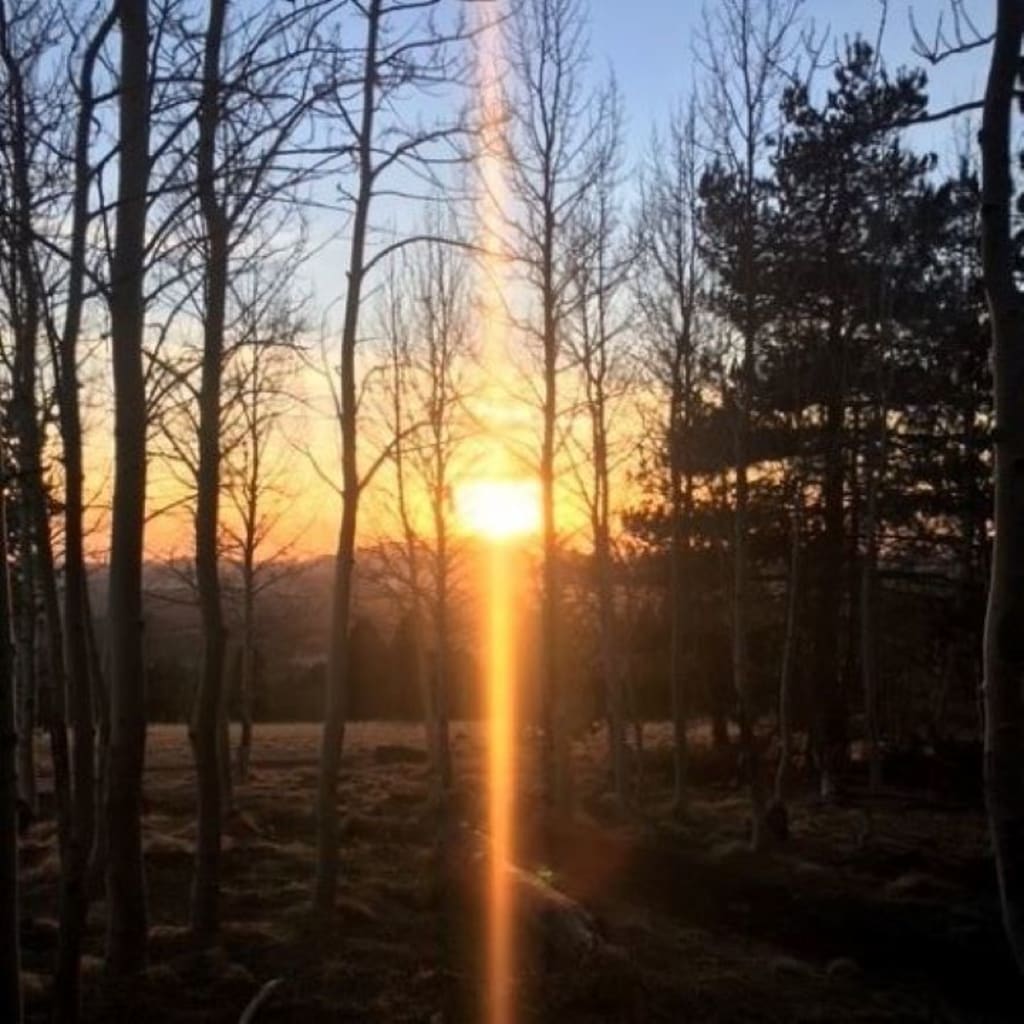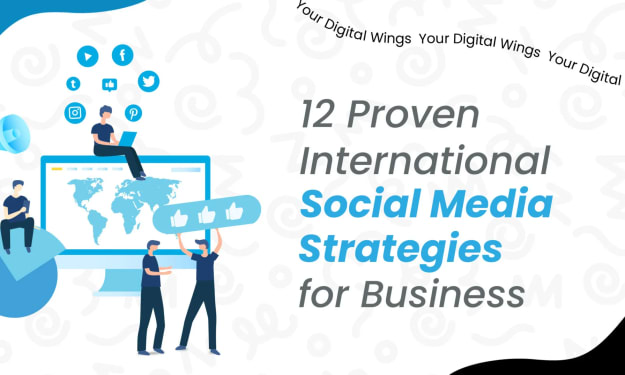That Poem I Wrote when I was 12
When I Learned that Writing Poetry can be Therapy for My Complicated Emotions

The first piece of writing that was very important to me personally was a rhyming poem, not the first poem I ever wrote, but the first one I went through the process and re-reading and editing a few times through. It was the first poem I wanted to be proud of, the first poem I wanted to share with others. I was 12 years old, and I had recently fallen in love with reading. I had a reading assignment in school, I don’t remember the book, but I know I went through it fast and talked about it a lot with my Mom, who had her own life-long love of reading fiction and literature. She saw a spark in me and gave me her copy of To Kill a Mockingbird and said, “Let’s see how you do with this book.” Harper Lee’s novel is not exactly written for 12-year-olds with its heavy themes of racism, ethics, and the law, but I managed her prose and vocabulary and found myself captivated by the story and its young narrator, Scout. I loved it. I loved the experience of escapism and learning at the same time.
Next, my mom gave me my own copy of Anne Frank: Diary of a Young Girl which I loved so much that I used it for a school project and presented to my class a tri-fold poster board complete with blueprints I made of the layout of the house Anne and her family were hiding in. I was so excited to point out the false bookcase that was both Anne’s entryway into her sanctuary from the Nazi’s and the boundary of her physical freedom, leading to her to discover she can escape in her mind with words, a pen and paper. I still have that copy on my bookshelf, the spine so worn out that chunks of pages have detached and it’s now quite delicate and unreadable, but I will never recycle it because of its meaning to me.
My spark of reading came from school, but my love of reading came from my mom. Looking back, I applaud her ability to see a light ignited in me and her decision to throw fuel on it with these books. To this day, and hundreds of books read later, I still say that To Kill a Mockingbird is one of my favorite books. When Lee’s follow up, Go Set a Watchman, was published 14 years later after I read To Kill a Mockingbird, I had no need to purchase it because my mom immediately bought me a copy, still remembering my history with Harper Lee.
My 12th year of life is also memorable for a very tragic reason, it was the year the September 11th attacks occurred in the U.S. I was at school when it happened, I remember my math teaching getting off the phone after receiving the news and explaining to us what happened (even though she wasn’t supposed to tell us). This was 2001, so my class of 12 and 13 years was not swarming with smartphones, but one kid (the “rich” kid) did have cell phone, probably a Nokia 3310 where you had to push the same button multiple times until you got to the letter or number you wanted to type. He started receiving messages from his family about the attacks, giving us more information. My first though was confusion: I didn’t know what the World Trade Center was, I only knew them as the “Twin Towers.” Eventually I got up to speed, and in a short time we were sent home. In the day or two afterwards, I learned that one of my classmates, a girl 1 year older than me, had lost her father in the attacks (he was a pilot in the second plane that hit the World Trade Center). The impact this had on me was unlike anything I had experienced up until that point. I was trying to understand what my classmate was going through, picturing it various ways including how I would feel if I lost my own father that way.
Similar to Anne Frank, I eventually turned to words, a pen and paper, to explore my feelings and process what I was going through. I had been writing poetry for a few months, so instead of writing diary entries I ended up writing a poem, then re-wrote it and re-wrote it until it felt right. It was the longest poem I’d ever written at that point, with rhyming ending words (because I was 12 and this is what constituted a poem in my mind at the time). Similar to Harper Lee, I wrote it from the perspective of a young girl, she is flying on one of the planes about to crash, she is scared, and she is trying to understand the adult behavior going on around her, and then the poem ends abruptly. It’s very morbid, I know, but this idea of sudden death was what I was trying to wrap my head around. (Years later, I read Ernest Hemingway’s For Whom a Bell Tolls and learned I was not the first writer to end their piece abruptly, signaling the narrator’s death.) I was proud of the poem and I entered it into a contest which I didn’t win, but I was not discouraged. I had discovered the process of working through my complicated emotions through writing poetry was helpful, and I loved the experience of therapy and creativity at the same time.
I am more than twice the age I was then, and I’ve had my fair share of emotional turmoil’s requiring writing therapy since then. I’ve been diagnosed with two chronic illnesses, and I ended up losing my own father also very suddenly in a tragic accident brought on by his early onset of neurological disease and cognitive decline. I still turn to writing poetry to work through my emotions, frequently I’m writing it in my mind while I drive home from work, then sit down at my computer and type out what was on my mind. As a 12-year-old, I hand-wrote everything in a journal. These days, I have quite a few journals and several of my favorite pilot writing pens, however, I actually write better on a computer now and my journals are largely ignored. The idea of writing with a pen and paper will always be romantic to me, but if typing helps me write more, then (less-sexy) typing will have to do.
My writing has evolved away from writing in the perspective of a young girl and instead I find writing from my real-time perspective as a woman in her mid-30’s very invigorating in today’s world of messy feminism and evolving gender norms. My voice has changed from someone unsure and confused about my feelings into someone ready and willing to acknowledge how I feel and unashamed to explain them to others. I am a writer who feels strongly that the female experience in the world today has its own validity, its own right to be exactly what it is, and I reject any concepts of how I am “supposed” to feel about something. Intentions be damned, I’m allowed to feel how I feel, and my emotional reactions to work, relationships, politics, etc. are a result of what my life experiences have taught me so far. I think it’s beautiful that women today can experience life so similarly and yet so differently at the same time, and I like to explore those oppositions in my own feelings in my writing.
About the Creator
Enjoyed the story? Support the Creator.
Subscribe for free to receive all their stories in your feed. You could also pledge your support or give them a one-off tip, letting them know you appreciate their work.






Comments
There are no comments for this story
Be the first to respond and start the conversation.